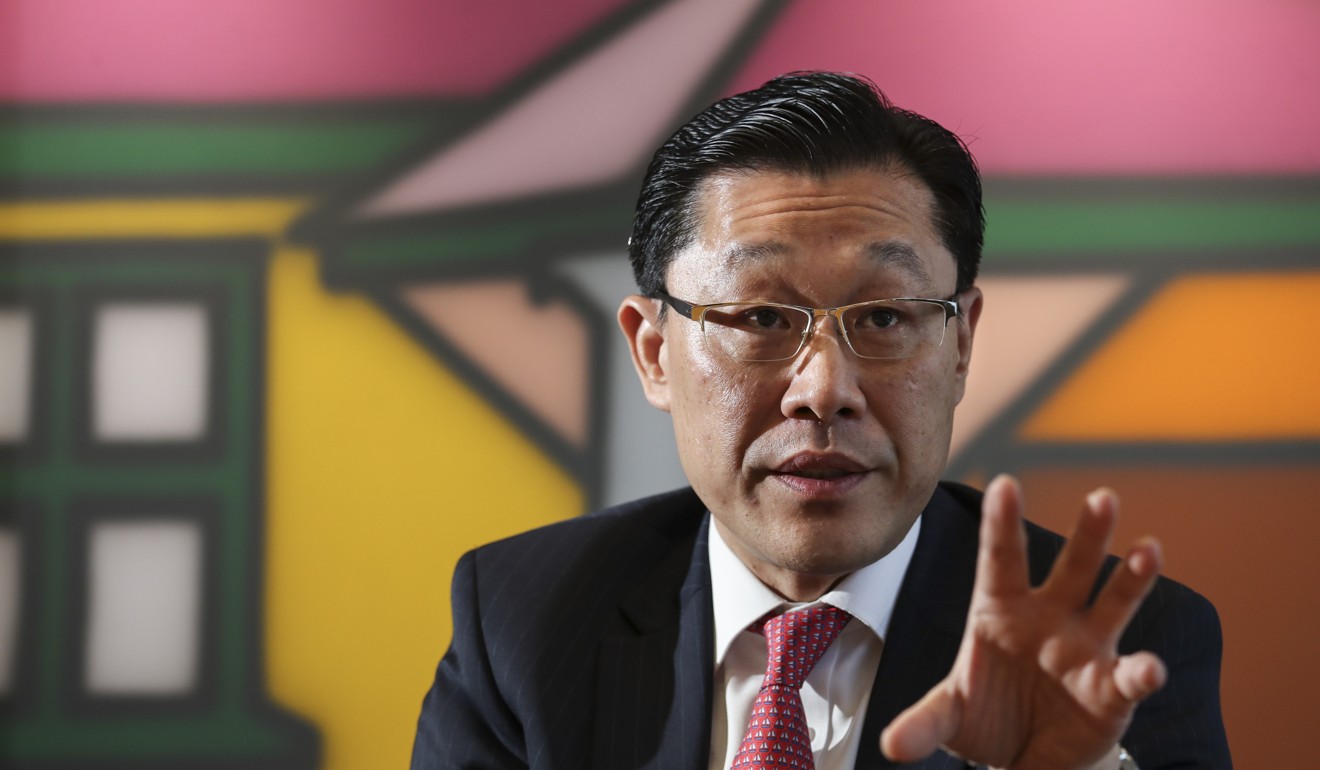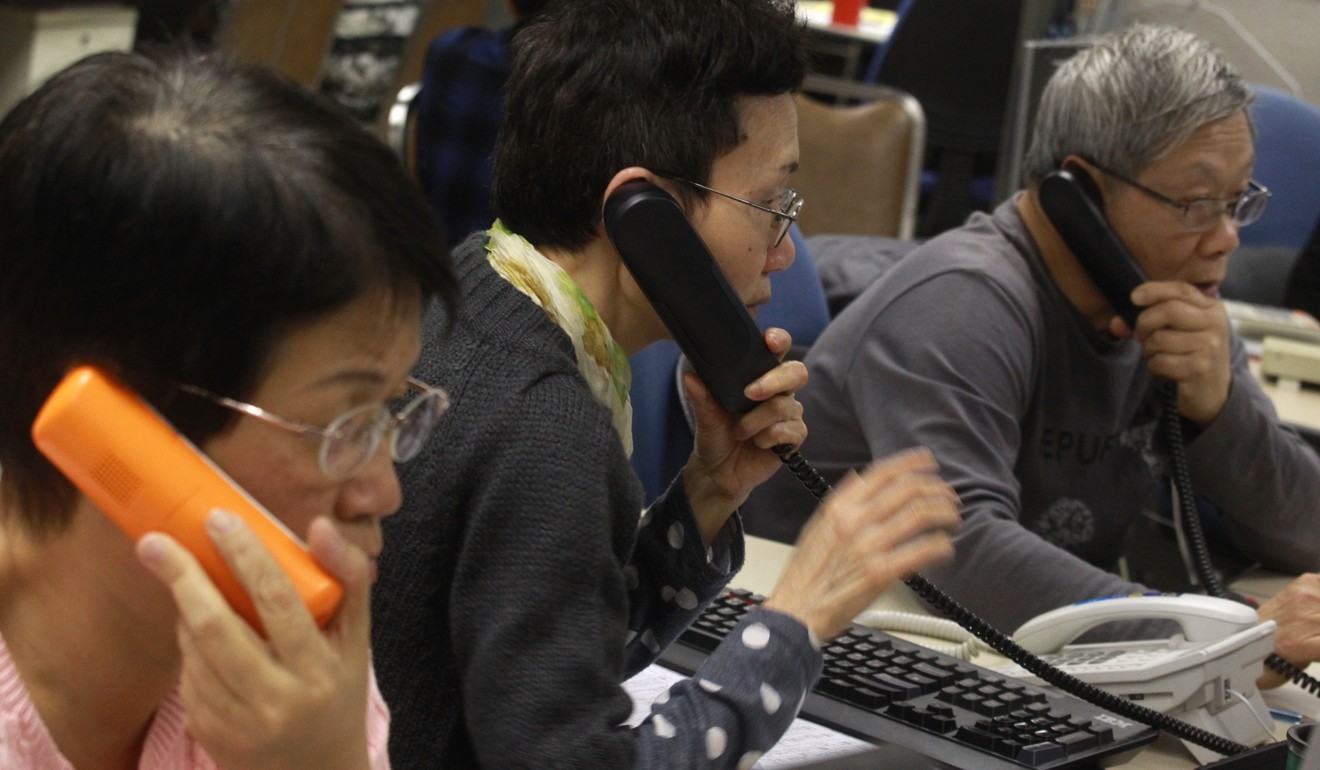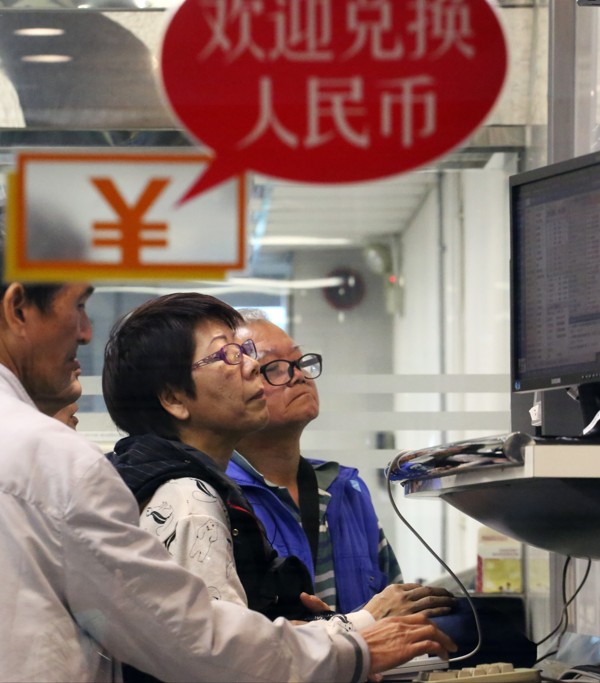
Hong Kong brokers thrive on diversification and Chinese capital inflows
Hong Kong’s stock brokers have weathered two financial crises, stock market crashes and technological disruption in the past two decades, and here’s why.
In the era of Robo-advisors and online transactions, Hong Kong’s more than 500 brokers have found a way to thrive.
The path to survival in the past 20 years hasn’t been easy but two factors ruled: diversification and the entry of mainland capital.
“Diversification of business lines would be the key to success. If we had remained only as a stockbroker , the profit margin would have been so thin that we would find it hard to deliver a profitable business,” said Kevin Tai Yiu-kuen, chief operating officer of Sun Hung Kai Financial in an interview with the South China Morning Post.
“The client’s investment habits have also changed nowadays; that they do not only trade stocks, but they also like to trade futures, forex, bonds and funds. We have developed these different products lines ranging from bonds, asset management, insurance and private banking to meet with their needs,” he said.
Sun Hung Kai Financial is also 70 per cent owned by Everbright Securities, China’s eighth-largest brokerage which paid HK$4.1 billion in 2015 to Sun Hung Kai & Co. for the stake. The Hong Kong securities business of Everbright will be merged with the company.
With the restructuring comes expansion in talent recruitment and businesses originating from China that are referred by parent company.

If we had remained only as a stockbroker, the profit marginwould have been so thin that we would find it hard to deliver a profitable business
Over the past two decades, Sun Hung Kai Financial and other home-grown peers who survived, have weathered two financial crises in 1997 and 2008, increased foreign competition and technology disruption to traditional brokerage business. But the biggest blow to the industry was the abolition of the 0.25 per cent in minimum brokerage commission in 2004.
The cut resulted in a price war where some brokers charge as little as 0.03 to 0.1 per cent which drastically dampened fee income, even though overall turnover rose on the back of the increased turnover in the Hong Kong market. Average daily turnover has increased to HK$82.1 billion in the first quarter this year, up four times from HK$15.5 billion in 1997.
Sun Hung Kai Financial still charges a 0.2 per cent as Tai does not believe in competing on price.
“If a broker charges the customers unreasonably low commission, how can it be profitable and provide good services for customers? We believe in providing quality services to retain the loyal customers [with us],” he said.
The strategy seems to have paid off as the company now has 400, or four times more the 100 investment consultants it had in 1997. Its retail broking and financial services revenue in 2017 is projected to hit HK$1.2 billion, up from HK$700 million in 1997.
Sun Hung Kai Financial is now one of Hong Kong’s largest home-grown brokerage and wealth management service providers, with over HK$96.3 billion in client assets under management or custody, according to company reports.
Stock broking, which was the company’s only product 20 years ago now only accounts for half its revenue, with the remaining coming from wealth management, private banking, bond, forex and insurance businesses.

“When I first developed online trading, some traditional traders were worried that it would threaten their business. But now, many investors like to trade by their mobile phone and computers. This showed that we have to evolve ourselves with new technology and market trend,” Tai said.
Sun Hung Kai Financial which was established in 1969 by the three tycoons Lee Shau-kee, Kwok Tak-sing and Fung King-hey, was once Hong Kong’s largest broker. With very few foreign firms in the 1970s, the company at its peak, commanded a 25 per cent market share when Hong Kong boast of over 900 local stock brokers.
The influx of foreign brokerages in the 1980s increased competition and elbowed out many small local players. The number of local brokerages fell to around 430 before climbing back to over 500 in the recent years.

Trading by mainlanders via the stock connect schemes with Shanghai and Shenzhen now account for 10 per cent of the turnover on the Hong Kong stock market.
“The future opportunities would be related to mainland China with its economic growth and wealth, which would add demand on investment. We target to serve the customers who have several millions to invest. They may not match the minimum threshold to enjoy the private banking services of the big banks, but we can offer them similar level of services of investment,” said Sun Hung Kai Financial’s Tai.
He believes that there is something for every broker in the market, as the fact that the number has rebounded to more than 500 brokers speaks for itself.
“The smaller ones would target the retail investors; they have close personal friendship with their customers. The very large banks and brokers serve the institutional investors,” he said.

